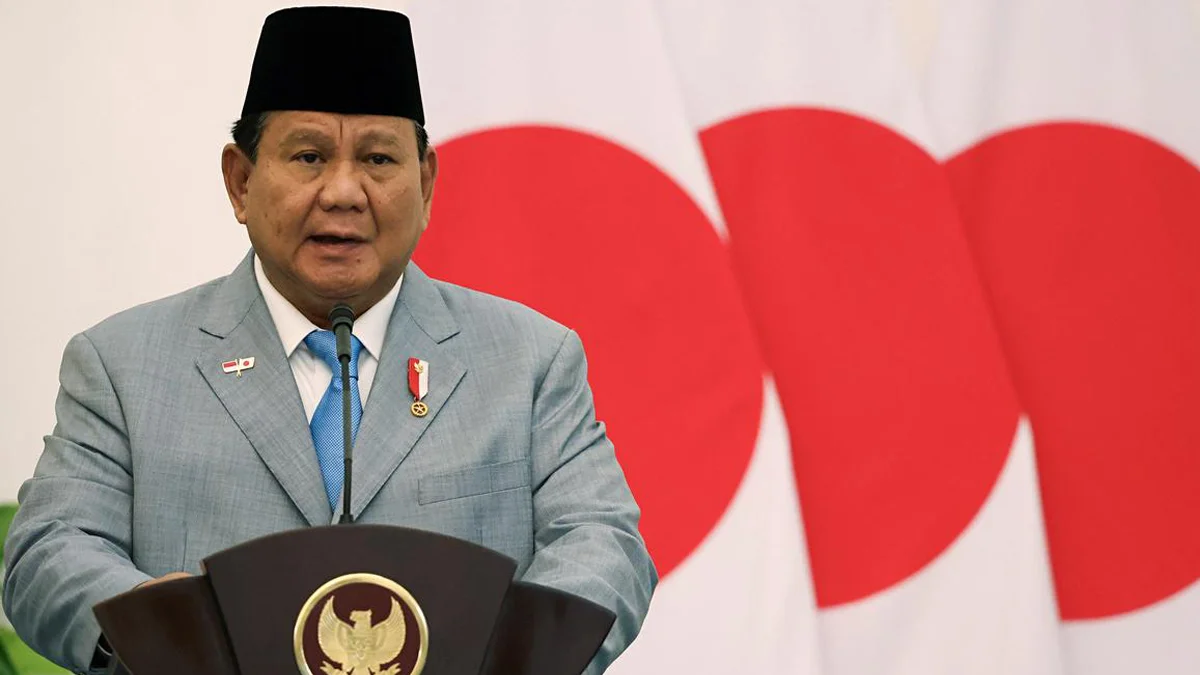Necessary Always Active
Necessary cookies are required to enable the basic features of this site, such as providing secure log-in or adjusting your consent preferences. These cookies do not store any personally identifiable data.
|
||||||
|
||||||
|
||||||
|

Indonesia is set to introduce provisional child protection rules for big techs that run social media platforms as the government develops new laws. According to Voice of America, the laws are expected to outline the minimum age for social media users.
Indonesia’s social media protection guidelines come barely two months after Australia banned social media for kids below the age of 16.
Meutya Hafid, Indonesia’s communication minister said that her ministry plans to introduce social media restrictions following discussions on children’s1 online safety with President Prabowo Subianto.
“We discussed how to protect children in digital space. The president said to carry on with this plan. He is very supportive on how this kind of child protection will be done in our digital space,” Minister Hafid said.
It’s not clear what minimum age Indonesia will propose. The country has a population of about 280 million people. Internet penetration in the Asian country stands at 79.5% as of 2024.
Other government officials have emphasized the role of provisional regulations as shielding children from mental, physical, and moral threats without limiting social media access. However, this points to tighter regulation of social media platforms in the country as confirmed by a senior official in the communications and digital ministry, Alexander Sabar.
“What the minister means is that the government is headed for the direction of a stronger regulation on age limit, which is through the formation of a law,” Sabar said.
Without providing more details, Sebar said that the Indonesian government will develop regulations for social media platforms to ensure that they comply with child protection guidelines.
“The emphasis for the government regulation is child protection, how they are protected from physical, mental, or moral perils,” he said.
Sebar said that Indonesia’s social media law will not entirely limit kids from accessing social media platforms. This is unlike the Australian law that requires social media platforms to demonstrate that they’ve taken reasonable steps to keep under-16 users from using their platforms. The country’s law imposes heavy fines for social media platforms that fail to implement the under-16 digital platform compliance. Social media platforms like TikTok and Meta are yet to respond to Indonesia’s safety regulations.
Indonesia’s new social media protection guidelines have received mixed reactions from the public. Some agree with the steps that the government is taking to protect minors online while others don’t. For instance, Nurmayanti, a mother of three, agreed with the move to restrict social media content exposure to minors and emphasized the need to make the laws clear and strict.
“They now can freely open social media so that is concerning to us as parents,” she said.
But human rights activists have a different view. They see the proposed law as one that could curtail rights. Although they agree on the need for the government to ensure the safety of children online, activists advised caution to ensure that the right for children to access information is not curtailed.
In Indonesia, about 50% of minors below the age of 12 use the internet. A survey conducted by the country’s Internet Service Providers Association showed that some in this age group use social media platforms like TikTok, Facebook, and Instagram.
Indonesia and Australia are not the only countries that have expressed concerns about the online safety of minors. In October 2024, Brazil sued TikTok and Meta platforms for failing to prevent the sweeping use of their platforms by minors. In the US, TikTok was sued in 13 states and Washington DC in the US for failing to protect young people and harming them mentally.